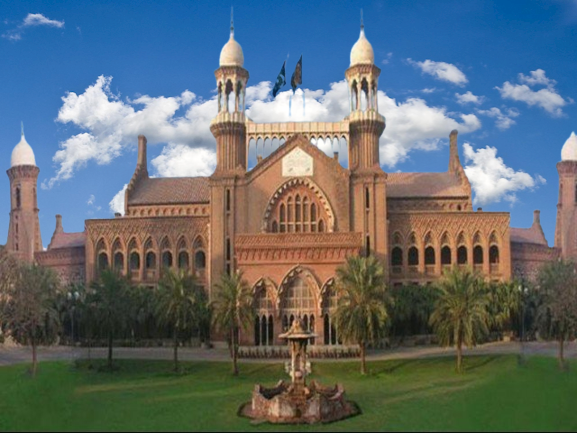
Pakistan’s anti-sedition laws was overturned; the Indian judiciary must now examine that whether law has become obviously arbitrary.
According to Daily Pakistan, Pakistan’s Lahore High Court on Thursday invalidated Section 124A of the Pakistan Criminal Code, which makes sedition a crime.
The sedition laws in Pakistan and India are the same. According to it, anyone who incites hatred or contempt through the use of words, whether spoken or written, signs, visible representation, or any other method is prohibited. A similar clause exists in the Indian Criminal Code, but it is currently ineffective as a result of a temporary ruling issued by the Supreme Court last year. The Supreme Court ordered that Section 124A of the Indian Criminal Code, which makes sedition a crime, proceedings be suspended until the government’s process to review this statute is finished in May 2022.
The Lahore High Court ruled that the clause declaring that criticism of the federal or provincial administrations in Pakistan would be regarded as sedition was unconstitutional because it violated the right to freedom of expression given by Article 19 of the Pakistani Constitution. The Indian section 124A refers to “Government established by law in India” rather than making a distinction between state and federal governments. The statute of sedition has, however, already been declared unlawful several times throughout the subcontinent.
Nevertheless, since the Court did not define what would constitute public disorder, section 124A was employed inappropriately by numerous governments until May 2022, when the Supreme Court suspended the statute in response to numerous petitions that questioned its constitutionality. This was done in response to the central government’s claim that it was reviewing the law.
The main argument made in the petitions that are currently being heard by the Supreme Court is that section 124A has been used as a tool to stifle dissent and inhibit free speech. According to reports, this is comparable to the grounds for challenging Pakistan’s section 124A. The question of whether the law has turned outwardly arbitrary is one that the Supreme Court of India must address.
Due to the similarities of our legal systems, even in India, people will be closely following this case to see if the Lahore High Court decision is affirmed by the Pakistani Supreme Court or not.
But it is possible that the Indian Parliament will completely rewrite the statute, which might spark new constitutional challenges. Time will only tell. However, because the Court did not define what would constitute public disorder, section 124A was employed inappropriately by numerous governments until May 2022, when the Supreme Court suspended the statute in response to numerous petitions that questioned its constitutionality.
The main argument made in the petitions that are currently being heard by the Supreme Court is that section 124A has been used as a tool to stifle dissent and inhibit free speech. According to reports, this is comparable to the grounds for challenging Pakistan’s section 124A. The question of whether the law has turned outwardly arbitrary is one that the Supreme Court of India must address. Due to the similarities of our legal systems, even in India, people will be closely following this case to see if the Lahore High Court decision is affirmed by the Pakistani Supreme Court or not.
But, it is possible that the Indian Parliament will completely rewrite the statute, which might spark new constitutional challenges. Time will only tell.
SUBMITTED BY NEHA A. PARDESHI




0 Comments